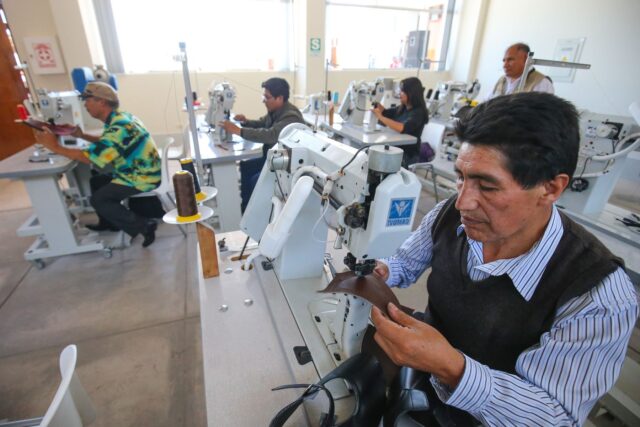Manual sobre migración laboral, movilidad humana e integración socioeconómica de personas migrantes y refugiadas para referentes sindicales
Por Organización Internacional del Trabajo En el presente manual, el término migrante internacional hace referencia a toda persona que cambia de país de residencia habitual, mientras que cuando hablamos de trabajadores y trabajadoras migrantes internacionales nos referimos a todos los y las migrantes internacionales que tienen empleo o que están desempleados y buscan trabajo en el país en que residen. A nivel mundial, se estima que hay 281 millones de personas migrantes internacionales, de las cuales 245 millones se encuentran en...










